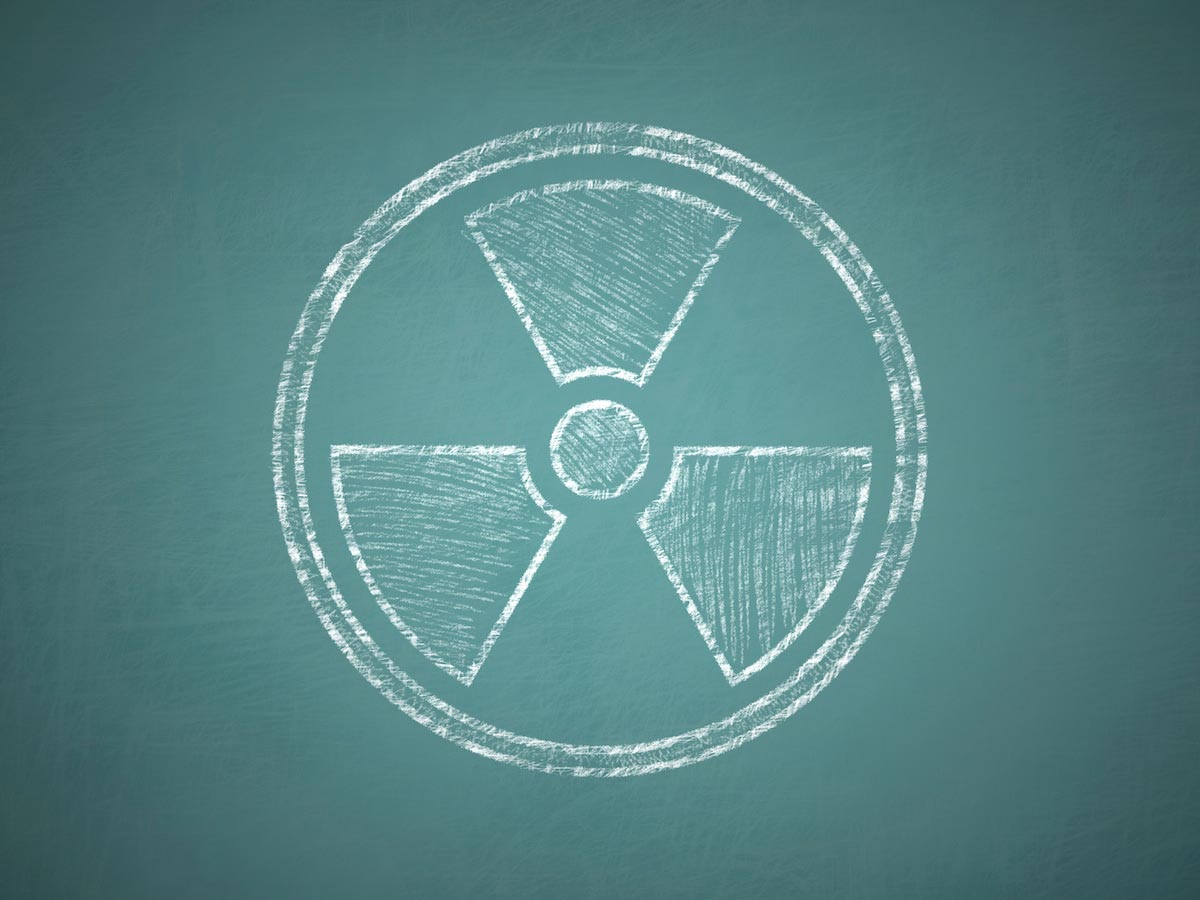
The Penn State researchers reported their findings alongside prototype eVTOL battery designs in a June 7 study published in Joule. They noted that eVTOL vehicles "have attracted considerable interest as a disruptive technology to transform future transportation systems." However, the researchers acknowledged that the batteries' unique operating profiles and requirements pose hurdles to be overcome by future battery technologies.
Study author Chao-Yang Wang said: "I think flying cars have the potential to eliminate a lot of time, increase productivity and open the sky corridors to transportation. Commercially, I would expect these vehicles to make 15 trips twice a day, during rush hour, to justify the cost of the vehicles. The first use will probably be from a city to an airport, carrying three to four people about 50 miles."
But Wang acknowledged that creating batteries to match the needs of eVTOL vehicles is not a walk in the park. "Batteries for flying cars need very high energy density so that [they] can stay in the air. [They] also need very high power during takeoff and landing. It requires a lot of power to go vertically up and down," he said.
The study author also noted that eVTOL vehicle batteries must have the ability to be recharged rapidly to match vehicles' frequent takeoffs and landings. A battery typically charges easily when empty, but charging takes longer and becomes more difficult as it stores more energy. Heating the battery, however, keeps the battery charging time short.
Furthermore, the eVTOL vehicle batteries must always retain a certain amount of energy. They must not be allowed to drain completely while in mid-air as power is needed for takeoff and landing. Keeping a minimal amount of power in the battery provides a margin of safety to keep the eVTOL vehicle afloat. Lastly, Wang mentioned that the batteries' weight should also be considered as the battery weight could effect the VTOL vehicle's total carrying capacity.
Fast charging is key to optimal eVTOL vehicle performance, the researchers noted
For their prototype eVTOL vehicle battery, Wang and his colleagues presented two possible lithium-ion battery designs. The Penn State researchers mentioned that their energy-dense battery designs can store enough energy for an 80-kilometer trip in five to 10 minutes. They added that the designs could sustain more than 2,000 fast charge cycles over their lifetime. (Related: Solid state battery breakthrough could be a total game-changer for electric vehicles.)
According to the scientists, heating the battery to permit fast charging without the formation of damaging lithium spikes is key. They managed to do this by incorporating a nickel foil that rapidly raised the battery's temperature to 140 degrees Fahrenheit (60 degrees Celsius). Incidentally, they also discovered that heating the battery also allows the rapid discharge of the battery's energy stored for takeoffs and landings.
Wang said: "Under normal circumstances, the three attributes necessary for an eVTOL [vehicle] battery work against each other. High energy density reduces fast charging, and fast charging usually reduces the number of possible recharge cycles. But we are able to do all three in a single battery." (Related: Tesla drivers forced to wait up to an hour in long lines to charge their vehicles.)
He ultimately remarked: "I hope that the work we have done in this paper will give people a solid idea that we don't need another 20 years to finally get these vehicles. I believe we have demonstrated that the eVTOL [vehicle] is commercially viable." Wang and his colleagues said in their study that fast charging is important for downsizing eVTOL vehicles and batteries for lower operating costs and higher revenues.
Head over to RoboCars.news to read more about electric vehicles and the batteries that power them.
Sources include:
Please contact us for more information.























